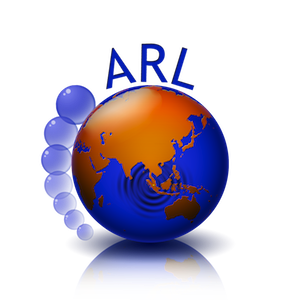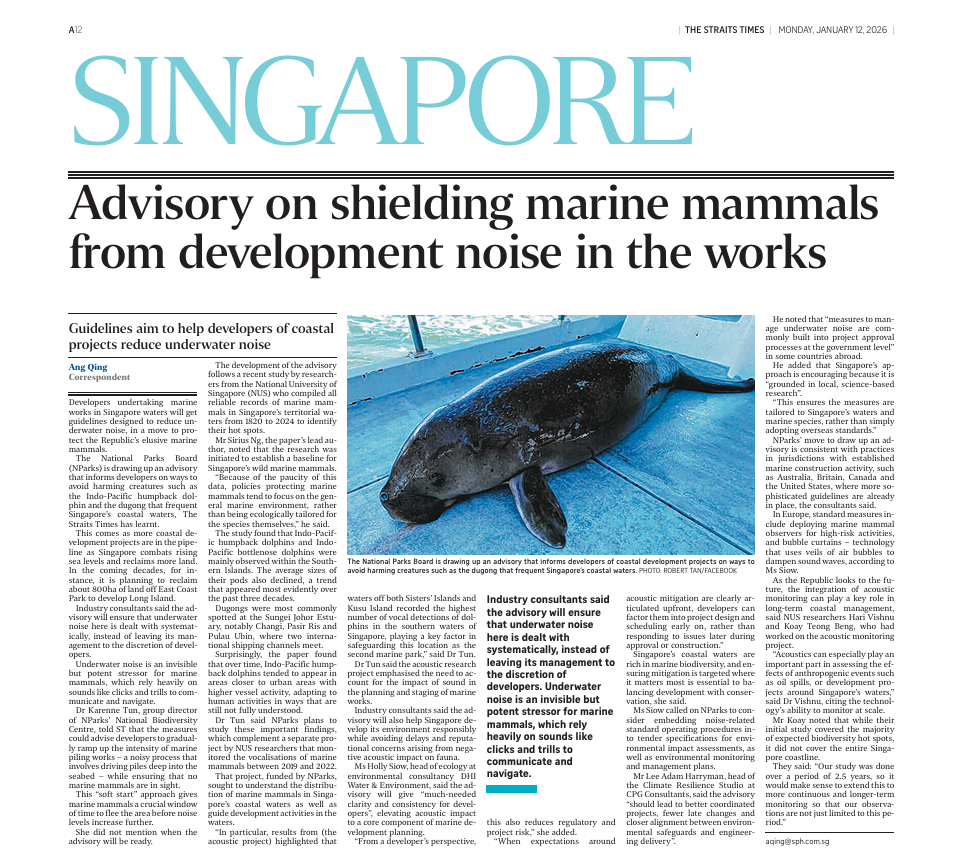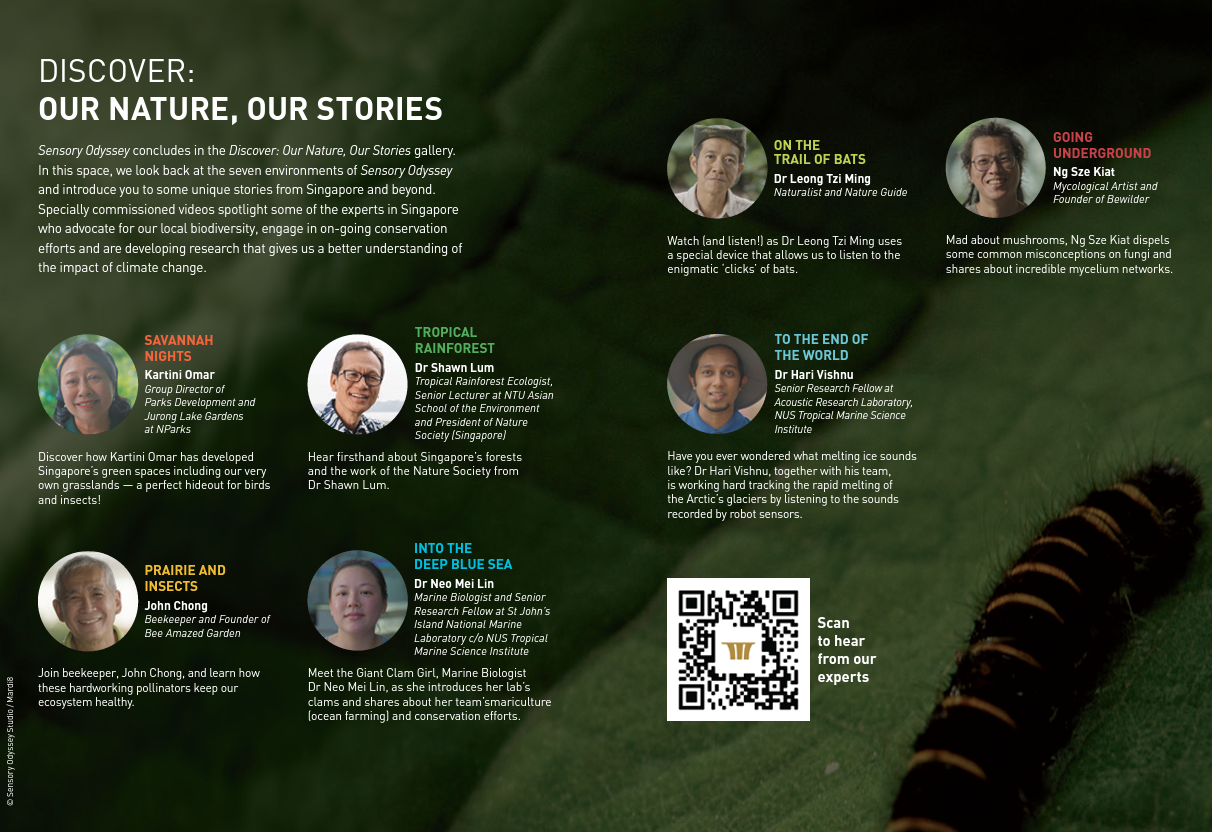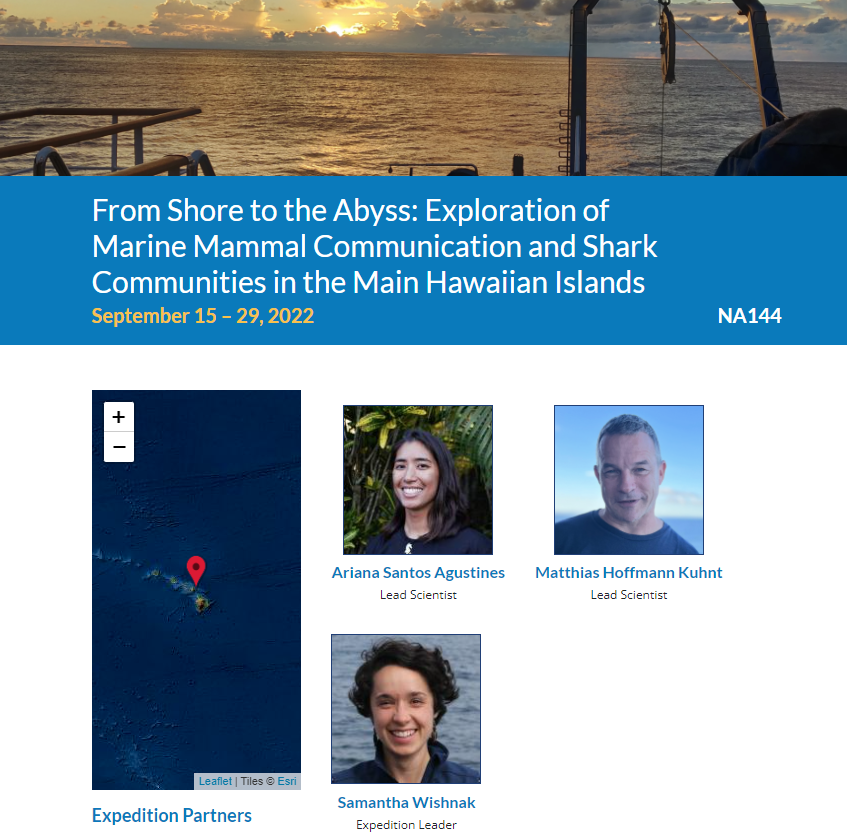Acoustic
Research Laboratory
Underwater Acoustic Sensors | Signal Processing | Ambient Noise Imaging
Autonomous Platforms for Underwater Sensing
Underwater Communication Networks
Bioacoustics | Deep Seabed Exploration | Glacier Acoustics
News Highlights
Research
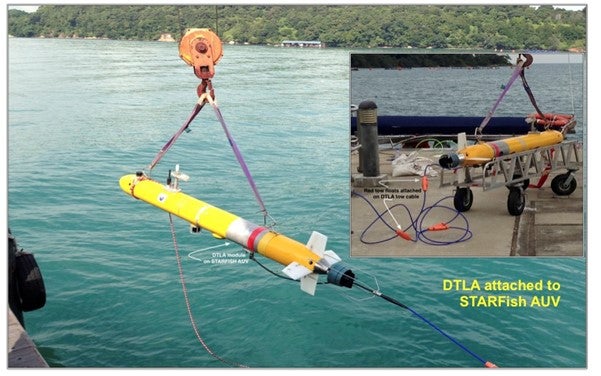
Light Weight Array Technologies for Underwater Applications
The availability of low power and miniature electronic components and sensors have made it possible to build arrays of smaller diameter and lightweight compared to

Marine Environment Sensing Network (MESN)
Climate change, coastal urbanization and other anthropogenic impacts can disrupt marine environmental cycles, and cause far-reaching changes and re-organization of biological, physical and chemical systems.
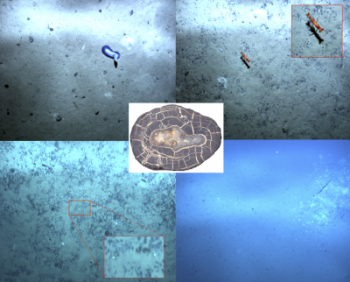
Abyss: A data driven approach to deepsea nodule exploration
ARL’s foray into deepwater exploration was conducted as part of the Keppel-NUS corporate laboratory program to carry out exploration works for polymetallic nodules in the

Reefwatch: Using soundscape to monitor reef health
While physical parameters (e.g. currents, temperature, water quality, visibility, salinity, etc) of the environment around coral reefs are relatively easy to measure with instruments, biological
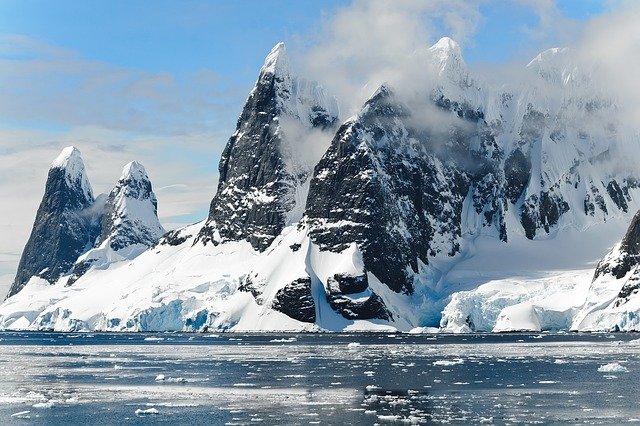
Listening to glaciers
In polar regions, a large component of the ice loss that feeds sea level rise occurs due to two mechanisms – calving and submarine melting at the glacier-ocean
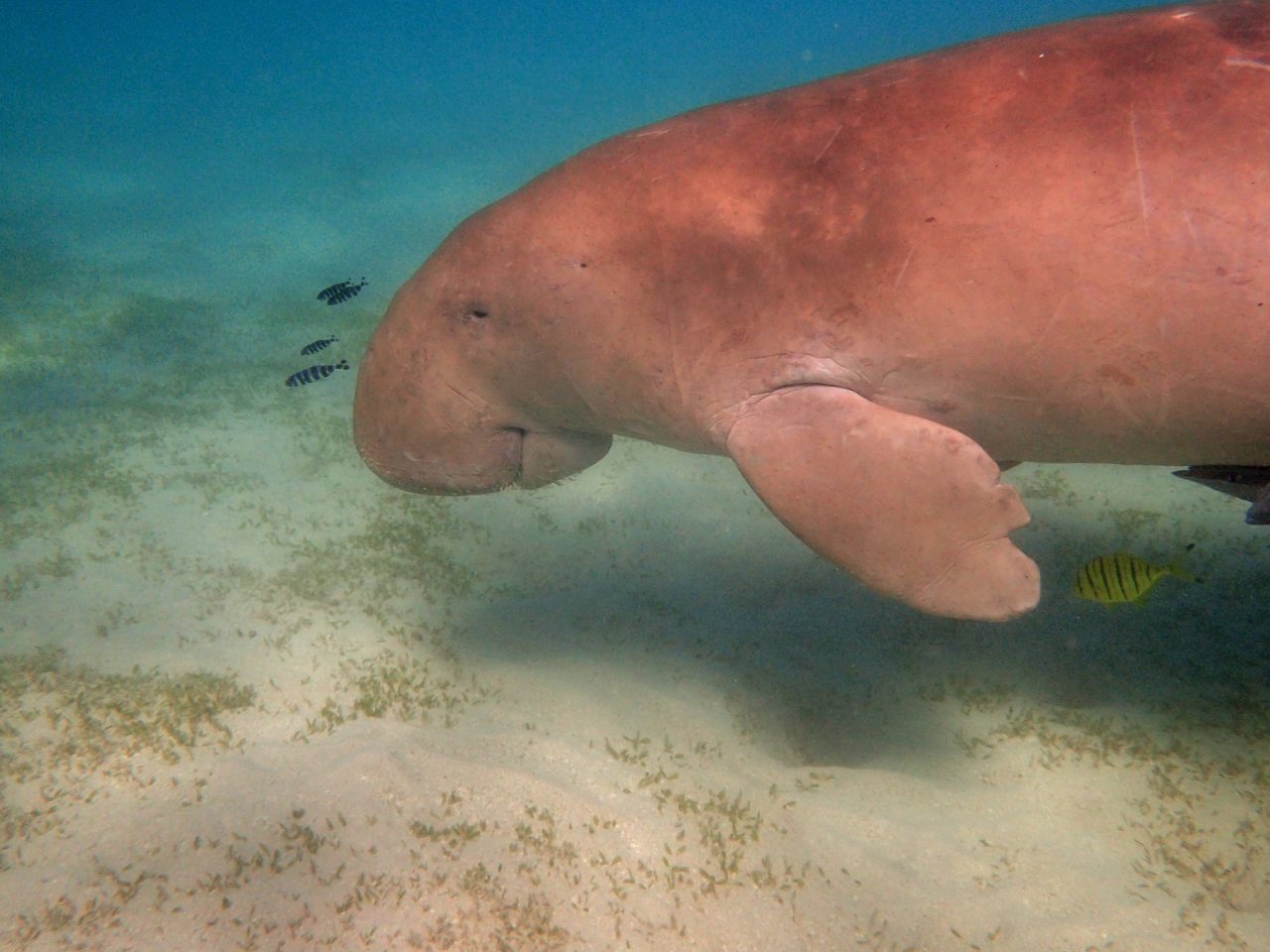
Underwater acoustic monitoring of marine megafauna in noisy coastal waters
Dolphins and dugongs constitute some of the megafauna presence in Singapore waters. However, our baseline understanding of the local population such as their visiting patterns
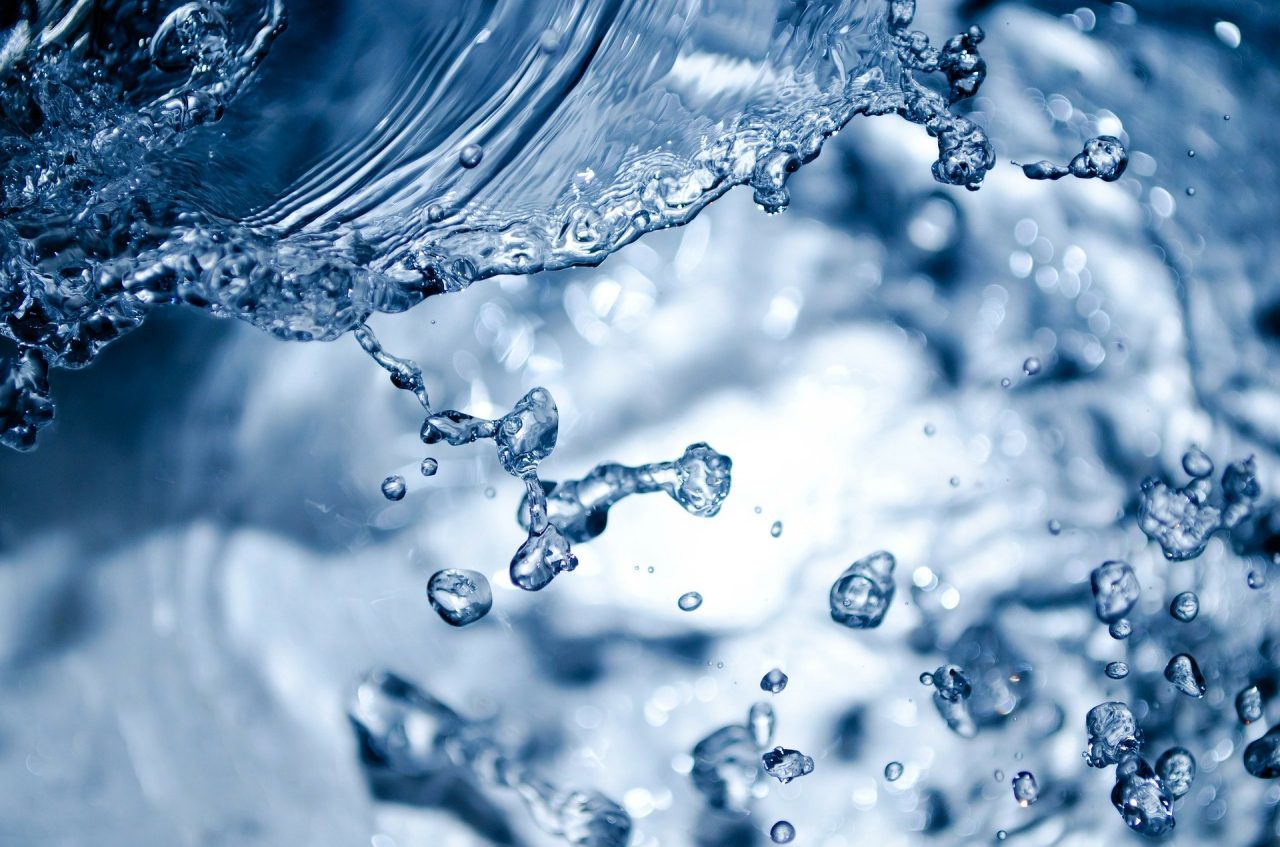
Impact of bubbles on communication
It has long been known that bubbles severely affect underwater acoustic propagation. Communication systems operating in the surf zone or in areas with strong winds
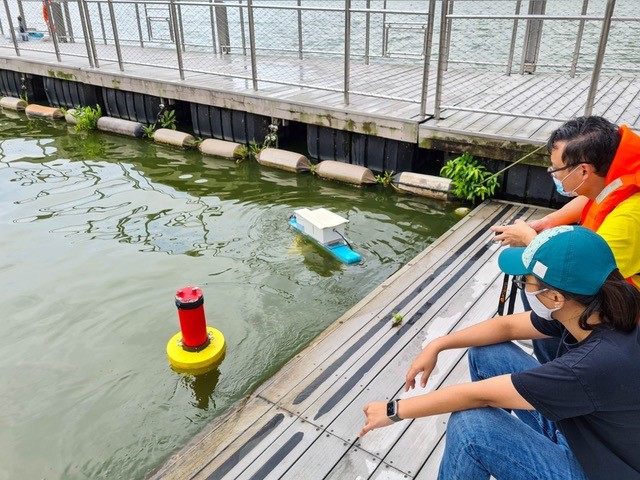
Smart Water and Adaptive Technologies for Big Data collection
Understanding spatiotemporal variation of water quality is a crucial but challenging task. We turn to big-data collection and use adaptive-path-planning, sampling algorithms and novel drifting
Articles from Affiliated Sites
The featured articles here come from affiliated sites like the Unet, Subnero and Earthzine.
Unet project has its origins in the ARL way back in 2004.The core technology called UnetStack, is an agent-based network stack that allows underwater network to be rapidly developed, tested and deployed. Unet has offered much of its technology as free open-source software to promote community collaboration, and continues today to advance its research and development of the technology.

